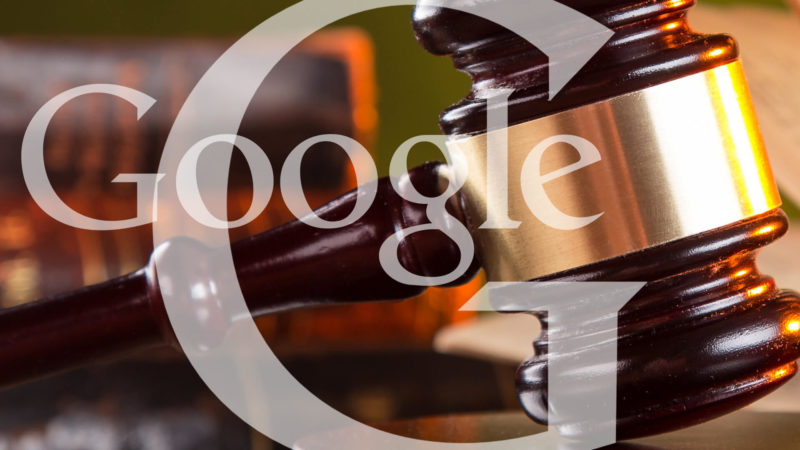Leaked 2012 FTC Document Called Google A Monopoly, Recommended Litigation
An “inadvertently disclosed” report from the Federal Trade Commission (FTC) labels Google a monopoly and appears to directly contradict the decision not to pursue legal action against the company. In early 2013 the FTC formally decided to close its antitrust investigation against Google demanding only modest changes in the company’s business practices. It turns out […]
An “inadvertently disclosed” report from the Federal Trade Commission (FTC) labels Google a monopoly and appears to directly contradict the decision not to pursue legal action against the company. In early 2013 the FTC formally decided to close its antitrust investigation against Google demanding only modest changes in the company’s business practices.
It turns out a vocal contingent inside the FTC wanted stronger action. The existence of the critical 160 page report was discussed in a Wall Street Journal (WSJ) article today. The WSJ says the report was mistakenly disclosed in response to a FOIA request.
The report was written by the FTC’s Bureau of Competition. It is one of numerous sets of findings and recommendations that were considered by FTC Commissioners, who ultimately voted against bringing legal action against Google in 2012. The competition bureau report concludes that Google had abused its market position: “[Google’s] conduct has resulted—and will result—in real harm to consumers and to innovation in the online search and advertising markets.”
It adds, “[the] evidence paints a complex portrait of a company working toward an overall goal of maintaining its market share by providing the best user experience, while simultaneously engaging in tactics that resulted in harm to many vertical competitors, and likely helped to entrench Google’s monopoly power over search and search advertising.”
Reportedly it was a “close call” within the FTC about whether to pursue legal action against Google. Undoubtedly the agency was influenced by the protracted Microsoft antitrust litigation of the 1990s, which was a kind of Pyrrhic victory for the government.
In particular the report cites incidents where TripAdvisor and Yelp complained to Google about the use of their content on its local pages, which were considered competitive. Google did remove that content ultimately. But the report asserts that Google’s statement at the time about the potential need to remove Yelp and TripAdvisor entirely from the search index was coercive and an abuse of power.
The FTC formalized Google’s agreement not to similarly threaten competitors with de-indexing in its 2013 settlement with the company:
More choice for websites: Websites can already opt out of Google Search, and they can now remove content (for example reviews) from specialized search results pages, such as local, travel and shopping;
The WSJ discloses interesting additional details from the report. Among them, Google estimated its own share of the US market (in 2012) at between 69 and 84 percent. By comparison, comScore reported that it was 65 percent.
The existence of the report is likely to fuel anti-Google arguments in Europe which has yet to conclude its drawn-out antitrust investigation of the company. Google hawks will use the report to call for stronger sanctions against the company. We should see these kinds of statements from Europe in the next several days.
In response to the leaked report, Google’s General Counsel Kent Walker issued a statement to the WSJ that sought to downplay the inflammatory discussion and conclusions of the document:
After an exhaustive 19-month review, covering nine million pages of documents and many hours of testimony, the FTC staff and all five FTC Commissioners agreed that there was no need to take action on how we rank and display search results.
See our related story at Marketing Land: FTC Report: Google Purposely Demoted Competing Shopping Sites.
Opinions expressed in this article are those of the guest author and not necessarily Search Engine Land. Staff authors are listed here.
Related stories
